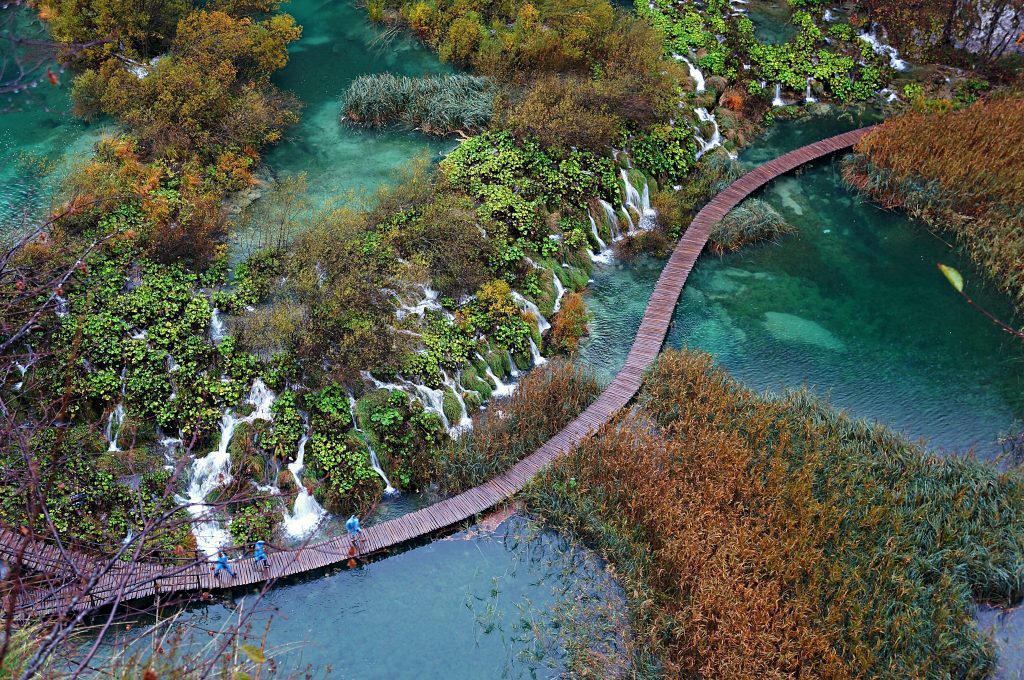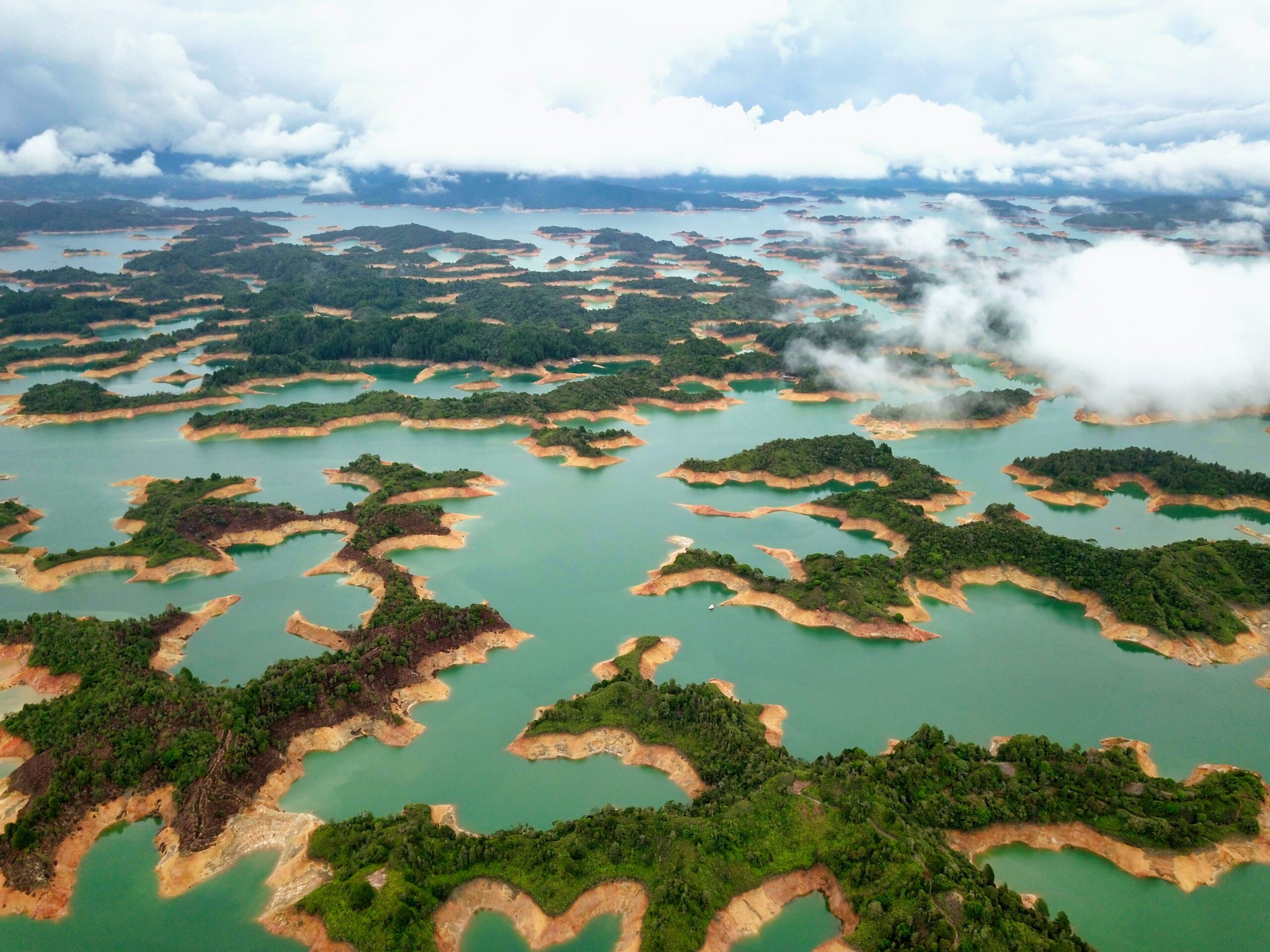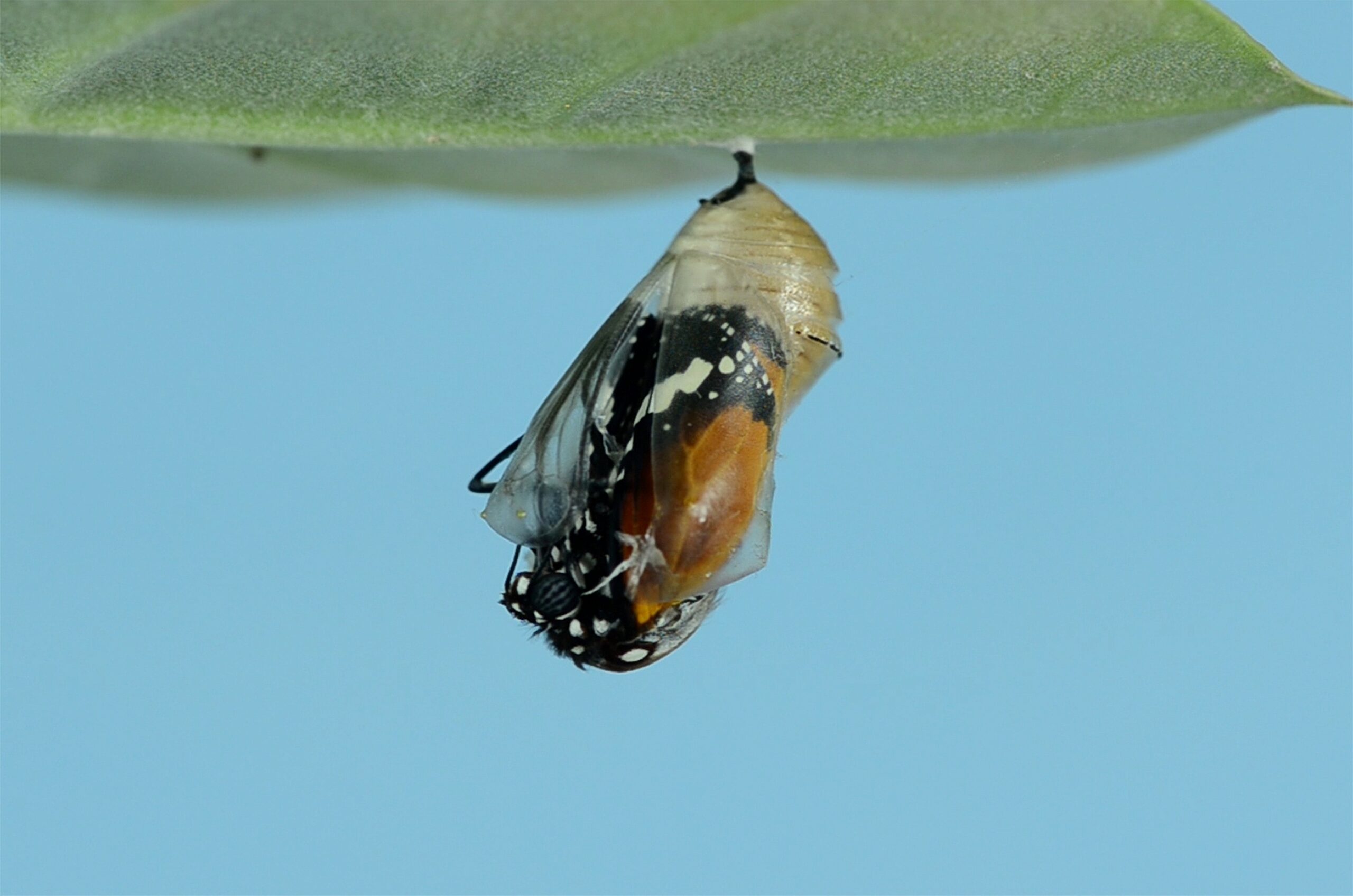
Download the Recommendations for Policymakers.
COVID-19 highlights the critical connection between the health of nature and human health. This connection must be better reflected in our priorities, policies and actions.
The root causes of this pandemic are common to many root causes of the climate change and biodiversity crises. Confronting these intertwined crises requires an integrated approach and unprecedented cooperation to achieve an equitable carbon-neutral, nature-positive economic recovery and a sustainable future.
Our organizations’ recommendations to policymakers for meeting this challenge are offered below.
Through the Global Goal for Nature Group, we represent a group of 22 non-governmental and intergovernmental organizations with mandates at the nexus of environmental protection, the conservation of nature and the promotion of sustainable development. Our mandates and approaches are diverse, but we are united in the understanding that sustainably managing our natural environment – and empowering its stewards – must be an integral part of COVID-19 response and recovery.
We urge governments to establish bold policies and take resolute action to make this a reality and have therefore offered our recommendations to policymakers for meeting this challenge.
The pandemic has hit a world that is already facing a planetary emergency due to the interrelated global crises of climate change, the degradation of natural ecosystems and the accelerating loss of biodiversity.COVID-19 highlights the critical connection between the health of nature and the health of humans, this must be better reflected in our priorities, policies and actions. Confronting these intertwined crises requires an integrated approach and unprecedented cooperation to achieve an equitable carbon-neutral, nature-positive economic recovery and a sustainable future.
Recommendations:
1. Halt degradation and loss of natural ecosystems as a public health priority
Human activities are degrading nature at an unprecedented rate, directly affecting our resilience to future pandemics. To prevent the next pandemic, we must halt loss of natural forests and habitats, implement demand-side policies around commodity consumption, secure legal land tenure recognition protected area management, restore degraded lands and intensify international cooperation and finance to conserve and restore natural ecosystems.
2. Reform livestock production to reduce zoonotic pandemic risk
Expansion of livestock production and trade has intensified interactions between people, livestock and wild animals and thereby increased risks of zoonotic disease spillover to both humans and livestock. In an effort to reform how livestock are produced and traded, we must enact controls around large concentrations of livestock in confined spaces, strengthen and enforce standards in livestock supply chains from producer to consumer, work with pastoral communities and livestock enterprises to minimize disease risk and reduce overall meat and dairy consumption.
3. Reduce zoonotic disease risk posed by commercial wildlife trade and markets
The trade in wild animals (hunting, butchering, transporting, handling and marketing for human consumption and other uses) creates a serious risk of zoonotic spillover. To mitigate this risk, we should end or strictly regulate handling and marketing of wild animals for human consumption, strengthen legal capacities against illegal wildlife trafficking, launch public awareness campaigns against handling of live animals, ensure traditional and sustainable hunting practices are not penalized, increase finance for developing countries to more regulate wildlife trade, and address risk of zoonotic disease through a One Health approach.
4. Protect recent conservation investments in the face of COVID-19 pressures
The pandemic and its impacts on economies, mobility and policy are impeding implementation of billions of dollars in conservation investments. To safeguard these investments governments can support protected area management facing exploitation, support landowners and Ingenious Peoples to ensure rights are not undermined, provide emergency support to vulnerable communities on or near protected land, provide support to communities engaged in wildlife and nature-based tourism, strengthen support for monitoring wildlife trafficking, and strengthen laws to protect natural ecosystems.
5. Enact policies and strategies for a nature-positive COVID-19 economic recovery
Protecting nature is not just important for pandemic prevention, it’s also critical for financial recovery from COVID-19. In order to “build back better” governments should avoid relaxation of environmental regulations in the name of COVID recovery, matinatin space for civil society to serve an effective monitoring and transparency function, provide income support for to reduce poverty-induced encroachment, attach green conditionalities for corporate bailouts, apply spatial planning to harmonize nature protection with sustainable development, repurpose subsidies towards activities that conserve nature, invest in technologies for more effective conservation, enable private sector investment for nature-based solutions, invest in young people to develop sized related to nature-positive economies, and mobilize international development cooperation to support a sustainable economic recovery.
Signatories:
1t.org – Nicole Schwab, Co-Director
Bank Information Center – Elena Berger, Executive Director
Birdlife International – Patricia Zurita, CEO
Conservation International – M. Sanjayan, CEO
Capitals Coalition – Mark Gough, CEO
Earth Day Network – Kathleen Rogers, President
Earth League International – Andrea Crosta, Founder and Executive Director
Global Environment Facility – Carlos Manuel Rodriguez, CEO and Chairperson
Global Wildlife Conservation – Wes Sechrest, Chief Scientist and CEO
Imagine – Paul Polman, Chair
International Fund for Animal Welfare – Azzedine Downes, President and CEO
International Primatological Society – Karen B. Strier, President
Mission Blue – Sylvia Earle, President and Chair
Nature4Climate – Lucy Almond, Director and Chair
Thinking Animals United – Bonnie Wyper, President
The Nature Conservancy – Jennifer Morris, CEO
Tropical Forest Alliance – Justin Adams, Executive Director
Wildlife Conservation Society – Cristián Samper, President and CEO
World Business Council for Sustainable Development – Peter Bakker, President and CEO
World Resources Institute – Andrew Steer, President and CEO
WWF International – Marco Lambertini, Director General
Yellowstone to Yukon Conservation Initiative – Jodi Hilty, President and Chief Scientist
Press contact:
World Resources Institute – Katie Lyons, Communications Manager (katie.lyons@wri.org)












